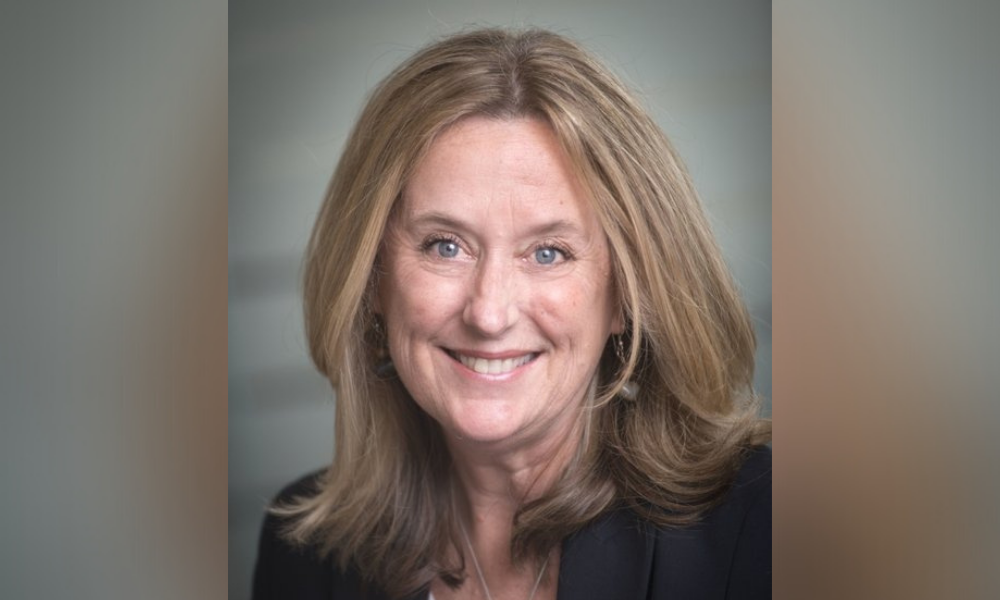
15 youth allege that government conduct continues to cause, contribute to and allow GHG emissions

Seven non-profit organizations have requested intervener status in a suit launched by a group of youth against the federal government over high levels of greenhouse gas emissions and the effects of climate change they are experiencing.
On Monday, the Attorney General of Canada filed its response motions with the Federal Court of Appeal opposing the proposed interventions.
The organizations requesting intervenor status are For Our Kids (“Pour Nos Enfants”), the Arctic Athabaskan Council, Canadian Lawyers for International Human Rights (CLAIHR), the Center for International Environmental Law (CIEL), Friends of the Earth (Les Ami(e)s de la Terre), Ecojustice, and British Columbia Civil Liberties Association (BCCLA).
The Federal Court of Appeal is expected to rule on the requests for intervention in the coming months. The 15 plaintiffs in the case are currently awaiting a date for oral argument in the Federal Court of Appeal. The plaintiffs’ lawsuit was filed in October 2019 in the Federal Court, which one year later granted the federal government’s motion to strike the lawsuit without a hearing.
In La Rose v. Her Majesty the Queen the plaintiffs — who are between the ages of 10 and 19 and live across Canada — allege that Canada has known about the climate change crisis for decades and has been promising and failing, for more than 30 years, to reduce GHG emissions to a safe level. Now, they say, climate change is causing serious physical and psychological harm to youth, particularly in Indigenous communities.
The climate change effects they are experiencing — such as from the extreme heat and wildfires across Canada — infringe their constitutional rights to life, liberty, security of the person under section 7, and their rights to equality under the law under section 15 of the Charter, they argue.
In a news release, the British Columbia Civil Liberties Association noted that “the resolution of these proceedings will have significant ramifications, both for the protection of children’s equality rights now and into the future, but also for how young people faced with certain future disadvantage due to current government action can position themselves to have their concerns raised in court.”
University of Ottawa law professors Nathalie Chalifour, Lynda Collins and Anne Levesque, representing Friends of the Earth, an international non-profit organization that provides a voice for the environment, argue that the claims should be heard and decided by the court because not doing so would limit access to justice, “given the unique realities of climate change.” They argue that the constitution must be interpreted in line with the unwritten constitutional principle of ecological sustainability and that “what is relevant to the Charter analysis is Canada’s collective actions and inactions which together determine the overall level of Canada’s GHG emissions.”
Canadian Lawyers for International Human Rights and the Center for International Environmental Law surveyed judicial decisions from around the world that support the youth’s arguments that it is the proper role of courts to hear and decide constitutional climate change cases. The group argues that Justice Michael Manson’s decision dismissing the case “is an outlier amongst courts around the world deciding climate cases, including those from commonwealth countries sharing a common constitutional heritage with Canada.”
The plaintiffs allege that various conduct on the part of the government continues to cause, contribute to and allow GHG emissions that are incompatible with a Stable Climate System. Each plaintiff has alleged specific harm caused to her or him, though they have not sought compensatory damages. Their claim calls on Canada to make and implement a plan that reduces Canada’s GHG emissions.
The plaintiffs argue that “it doesn't matter whether Canada authorizes these GHG emissions through one law or 100 laws,” says Catherine Boies Parker of Arvay Finlay LLP in Vancouver, a counsel for the plaintiffs. “It's the fact that so many GHGs are being released that it's clearly inconsistent with a stable climate. That is the Charter breach.”
Although Canada has passed “an overarching law” to deal with climate change, things haven’t changed on the ground, Parker says. “You still have children and youth who are … suffering the consequences of climate change, and you still have the GHGs being emitted.
“Those are causing significant and severe harm already, and it’s only going to get worse.”